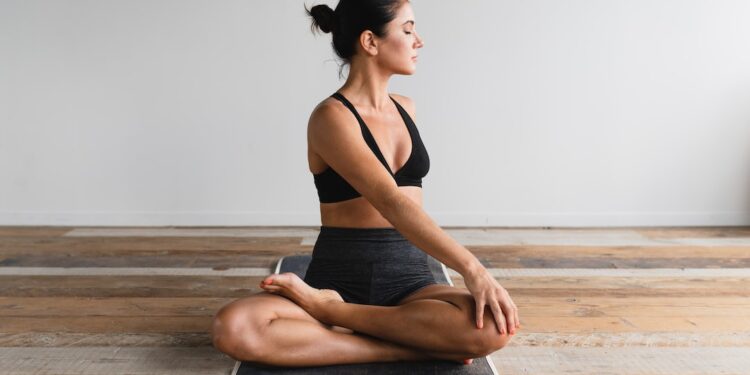Beginner’s Guide to Meditation: How to Start Your Mindfulness Journey
In today’s fast-paced world, prioritizing our health and wellness has become essential. Among the various practices that promote a state of calm and mindfulness, meditation has emerged as a powerful tool for achieving overall well-being. If you’re new to meditation and want to start your mindfulness journey, this beginner’s guide will help you get started.
Meditation is a practice that dates back thousands of years, aimed at achieving mental clarity, emotional stability, and spiritual growth. By adopting a regular meditation practice, you can experience numerous health and wellness benefits.
To begin your journey, find a quiet and comfortable space where you can sit or lie down without distractions. As a beginner, it is better to start with short meditation sessions that gradually increase in duration. Aim for five to ten minutes initially and gradually extend the duration as you become more comfortable. Consistency is key when starting out, so try to meditate at the same time each day.
As you settle into your chosen posture, focus your attention on your breath. Feel the sensation of air entering and leaving your body. This anchoring technique helps train your mind to stay present. Thoughts will naturally arise, but the key is not to engage with them. Instead, gently acknowledge their presence and redirect your focus back to your breath.
Another popular meditation technique is guided meditation. This involves listening to an instructor’s voice or following a pre-recorded audio. Guided meditations often focus on relaxation, stress reduction, or manifesting positive intentions. There are countless apps and online resources offering guided meditation sessions suitable for beginners.
Body scan meditation is another great technique for beginners to explore. This practice involves systematically scanning and bringing awareness to different parts of the body, helping to relax tension and promote a sense of unity between the mind and body. Begin at either your head or feet and progressively move through each body part, observing any sensations that arise.
Don’t get discouraged if your mind wanders during meditation. This is completely normal, even for experienced practitioners. Simply bring your attention back to your breath or chosen focal point. Consistency and patience are key in developing a meditation practice. Over time, you will notice the benefits, including reduced stress, improved concentration, enhanced emotional well-being, and a greater sense of self-awareness.
As your practice evolves, consider exploring different meditation styles, such as loving-kindness meditation, mindfulness walking, or mantra meditation. Each technique offers unique benefits and can be adapted to suit your personal preferences and goals.
Remember, meditation is a personal journey, and there is no one-size-fits-all approach. It’s important to be gentle with yourself and not expect immediate results. Like any new skill, it takes time and practice to cultivate a meaningful meditation practice. With dedication and consistency, you’ll soon discover the transformative power of meditation on your health and wellness journey.
——————-
Article posted by:
USAHealthy Life
https://www.theusahealthylife.com/
We believe that true well-being encompasses more than just physical health. It’s about nurturing every aspect of yourself, including your mental, emotional, and spiritual wellness. We strive to be your trusted resource for comprehensive insights into achieving a wholesome and fulfilling lifestyle.














